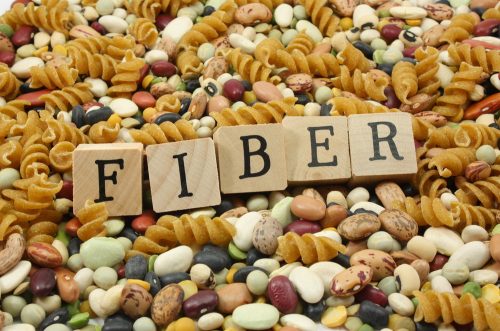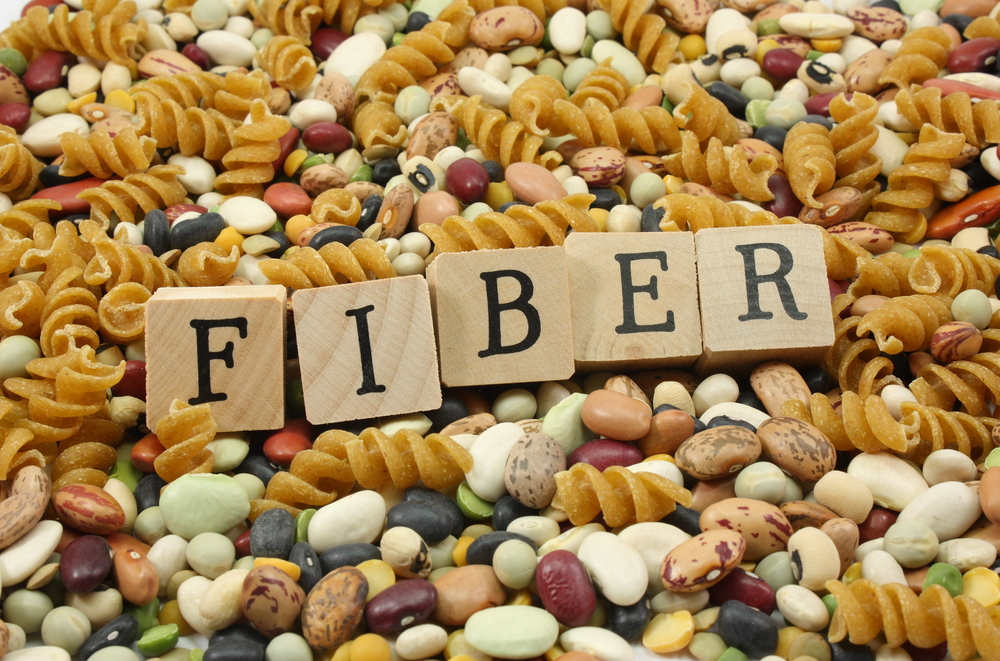- CALL US:
- 713-661-9995
Type 2 Diabetes: Fiber Is A Crucial Part Of Your Diabetes Eating Plan

Studies published by The American Diabetes Association and the Food and Agriculture Organization of the United Nations conclude that the consumption of plant fiber has an important influence on digestive system function and the absorption of essential nutrients. Dietary fiber is a term used to define a particular type of essential complex carbohydrate found in the structural parts of plants. The molecular bonds that hold these compounds together are are not able to be broken down by digestive enzymes in the body. Therefore, they do not provide any nutrients to cells but they play an extremely important role in the digestion and absorption of other important nutrients.
The Two Types of Fiber
Fiber can be broken down into two types: soluble or insoluble. Soluble fiber are compounds that dissolve in water and form a viscous, gel-like consistency. Even though dietary fiber cannot be digested by the digestive enzymes in the digestive system, soluble fibers can be broken down by the bacteria that resides in the digestive tract. Soluble fiber helps to hold moisture in stools and keeps them soft. This particular type of fiber also helps to lower the risk of heart disease and diabetes because it lowers cholesterol and glucose levels in the blood. Examples of soluble fibers found in plant sources include pectins, gums and mucilages. Soluble fibers are commonly found in the pulp, husks, and flesh of fruits.
Insoluble fiber are those compounds that do not dissolve in water, are not typically broken down by bacteria in the gut, and do not form a viscous gel when mixed with water. The primary role of insoluble fiber is to promote healthy bowel movements by adding “bulk” or weight to stools and therefore alleviates constipation by keeping things moving through the digestive tract. Examples of insoluble fibers found in plant sources include cellulose, lignans, resistance starches, and many hemicellulose compounds. Insoluble fibers are often found in the skin of fruits and vegetables, leaves, stems, and seeds of plants. Psyllium, a compound used as a fiber laxative and cereal additive, has both insoluble and soluble properties.
Importance of Fiber in Healthy Digestion
Fiber is incredibly important for a healthy digestive system because it helps to eliminate toxins from accumulating on intestinal walls, and stimulates healthy movement of digested food through the digestive tract. When fiber mixes with water in the stomach, it expands to a gel-like substance.
Both types of fiber not only help to keep you full but also aids in normal bowel movements. Fiber binds to substances in the digestive tract such as bile, cholesterol, and some minerals and carries them through the body via the excretory system. Too much fiber or not consuming enough water for the fiber to mix with can cause uncomfortable symptoms such as bloating and gas.
Fiber and Diabetes Management
When fiber enters the digestive tract and forms a viscous substance, this reduces the gastric emptying time (the time it takes for the food to pass through the stomach into the intestines) and therefore slows down the absorption of other types of carbohydrates into the blood stream. This helps to stabilize blood sugar and reduces the need for the pancreas to release large amounts of insulin.
According to the Institute of Medicine, 14 grams of fiber is needed by both diabetic and non-diabetic individuals for every 1,000 calories consumed in order to support optimum health.
Types of foods with high fiber include any type of unprocessed plant-derived products. Legumes such as beans and peas, whole grains such as oats, barley and millet, fruits, non-starchy vegetables such as cabbage, carrots and brussel sprouts, nuts and seeds are all excellent sources of dietary fiber. Consuming a variety of these types of foods at every single meal will ensure that the body is receiving enough soluble and insoluble fiber to promote proper digestion and keep blood sugar under control.
To learn more about how to lower your risk of developing type 2 diabetes, read this article here. MyVita Wellness is passionate about helping you prevent or reverse diabetes through our customized programs. Schedule a meeting to talk with Dr.Tony and our Wellness team to find out how we can help you achieve optimal health and wellness. The consultation is free of charge. Schedule today to get your questions answered. We’re here to help!

